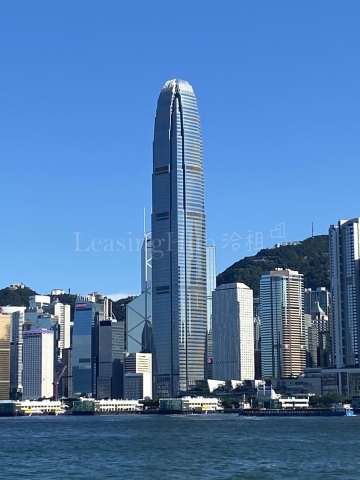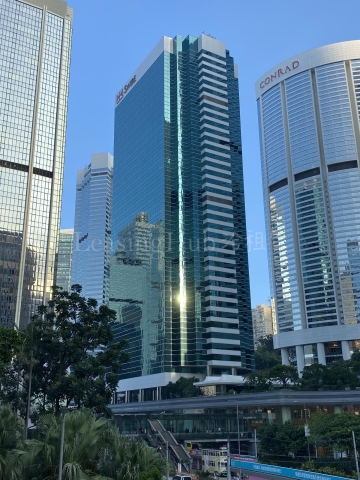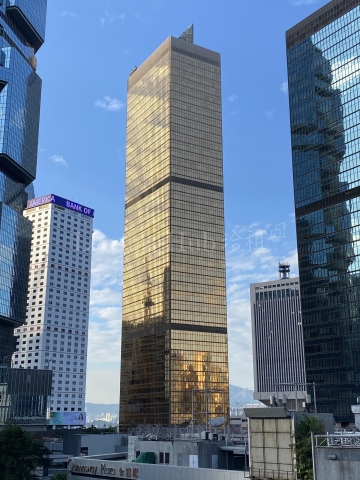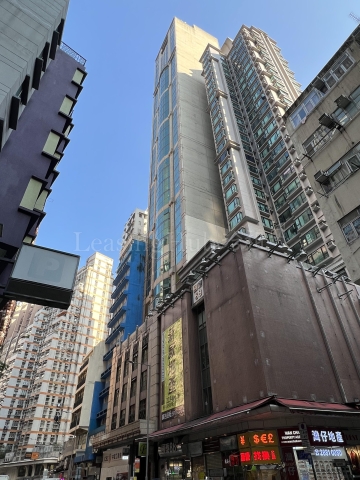Hong Kong’s beleaguered commercial property investment market is likely to take a further hit as higher borrowing costs dent demand in the first half of this year, according to an analyst at MSCI, as some investors take massive losses.
Property investment volumes will be subdued for the next few months, falling some way below where they were even in 2022, said Benjamin Chow, head of Asia real assets research at the financial data company.
“That is largely because at the start of 2022, the full impact of the interest rate hikes was not yet felt so it only came towards the end of the year,” Chow said. “And obviously, Hong Kong’s monetary policy and exchange rate policy is, in some sense, quite heavily influenced by the US.”
Chow’s pessimistic forecast comes after deal-making in Hong Kong and other markets in the region endured a dire 2022, according to a report on Thursday from MSCI Real Assets, a part of MSCI.
For the whole year, activity dropped by 41 per cent to just US$6.7 billion. Trading of offices continued to languish throughout 2022, with rising interest rates squeezing rental rates for office assets in the central business district.
“Given the adjustments started to happen in the middle of last year, we would expect at least 12 months of subdued investment activity,” said Chow. “The quicker markets will start to pick up in the third quarter, and the slower ones may not pick up until 2024.”
Chow expects the prices of commercial real estate to fall as financing costs increase, but declined to say by how much. Prices in both the office and retail sectors have already fallen by about 20 to 25 per cent, he said.
“[The decline] is probably going to be a bit harsher for Hong Kong compared to some of the other markets,” he said. Notably, investors such as the late “shop king” Tang Shing-bor’s family and Hoixe Cake Shop’s co-founder have been offloading properties at massive losses.
At least seven properties belonging to Hoixe and its co-founder Siu Wai-kin have been sold this year – some of them by creditors – for a total of HK$476 million, according to agents. The first six incurred a loss of HK$20.3 million between them, according to Bridgeway Prime Shop Fund Management. Hoixe did not respond to the Post’s request for comment.
Tang’s family has sold dozens of properties in recent years, some of them at huge losses. They sold a shop on Jordan Road for HK$46 million in the last few days – a loss of HK$18 million over 10 years, according to agents.
A spokeswoman for Stan Group, the company chaired by Tang’s son, Stan Tang, declined to comment.
“A number of these have been sold at losses, while some have barely broken even,” said Chow. “They [the Tang family] even sold a senior housing property last year, so essentially they are really clearing out their entire portfolio and downsizing it very significantly.”
Even though most of Hong Kong’s traditional commercial sectors continued to contract in 2022, Chow said hotel investment volumes had posted strong year-on-year gains, driven by deals involving assets intended for repositioning for different uses.
Similarly, the value of rental apartments acquired for investment – as opposed to redevelopment – also grew significantly, breaching the HK$1 billion mark for the first time.




